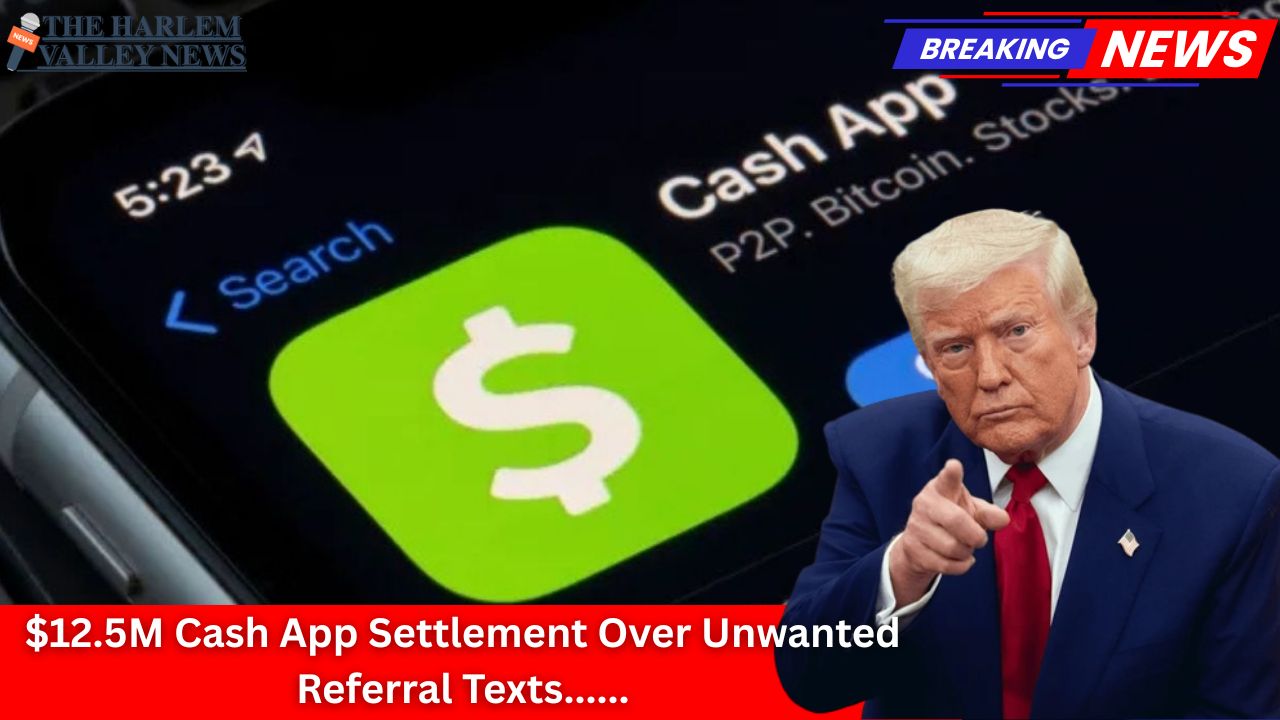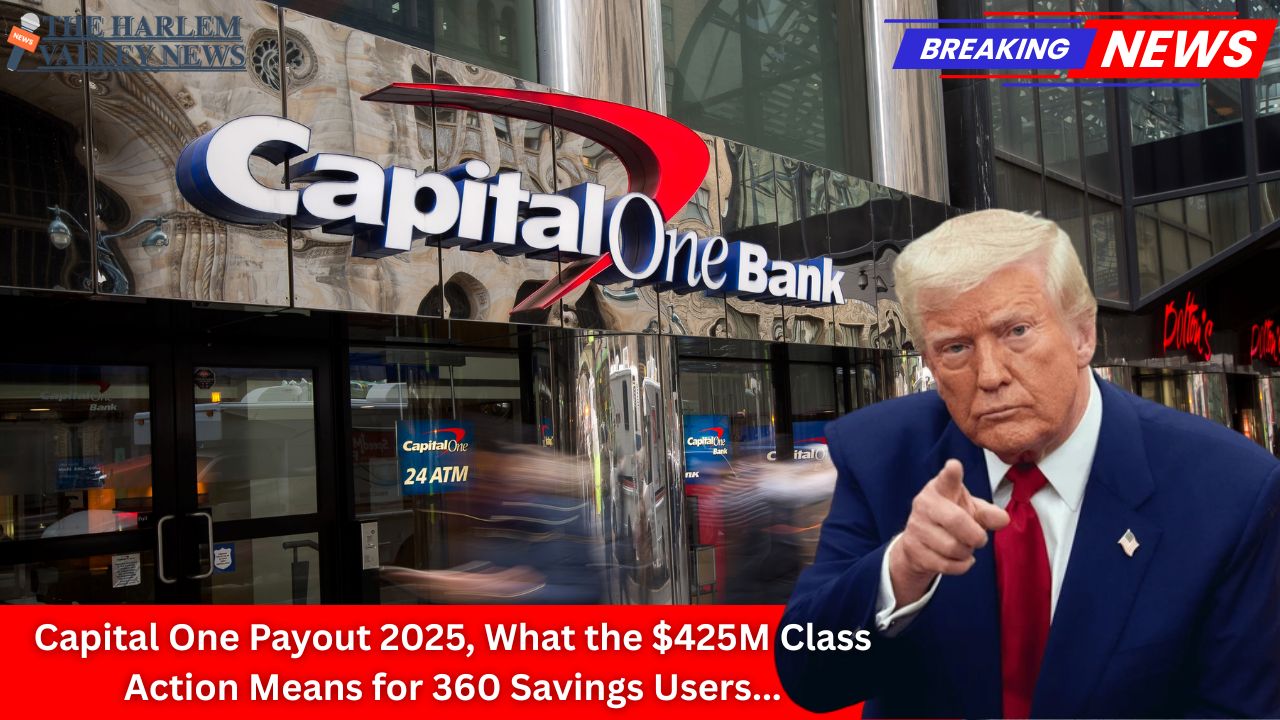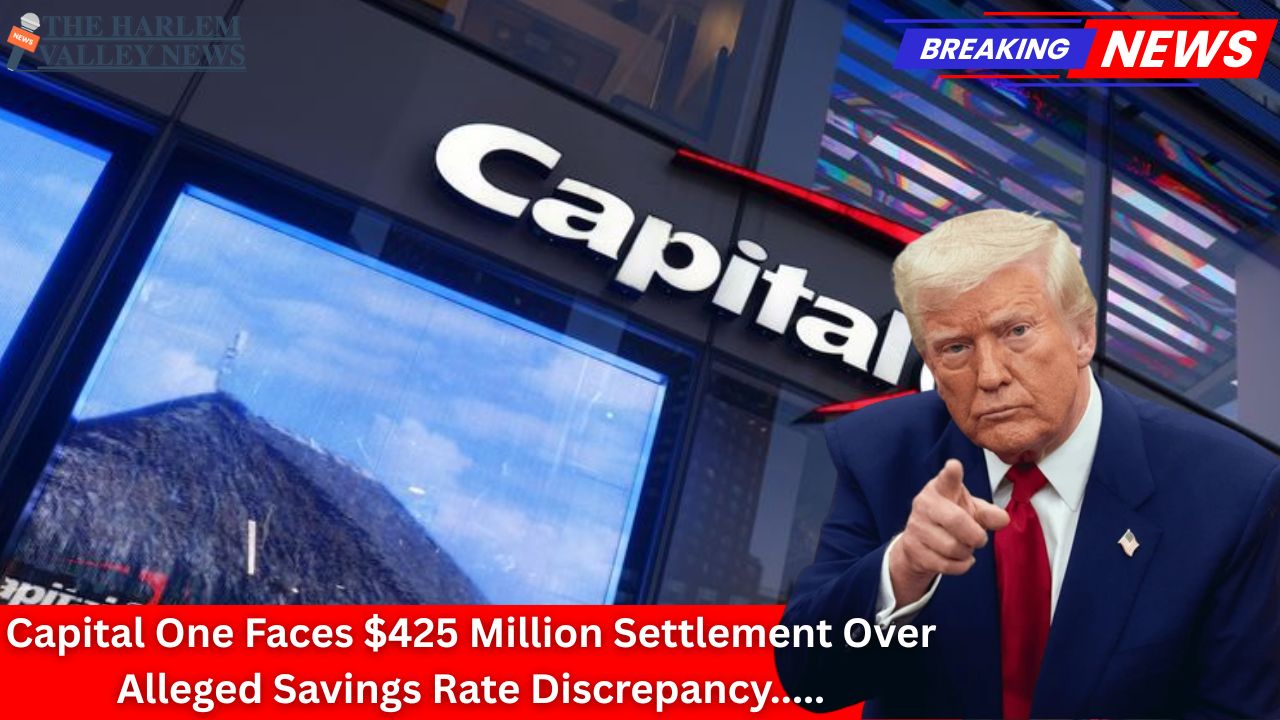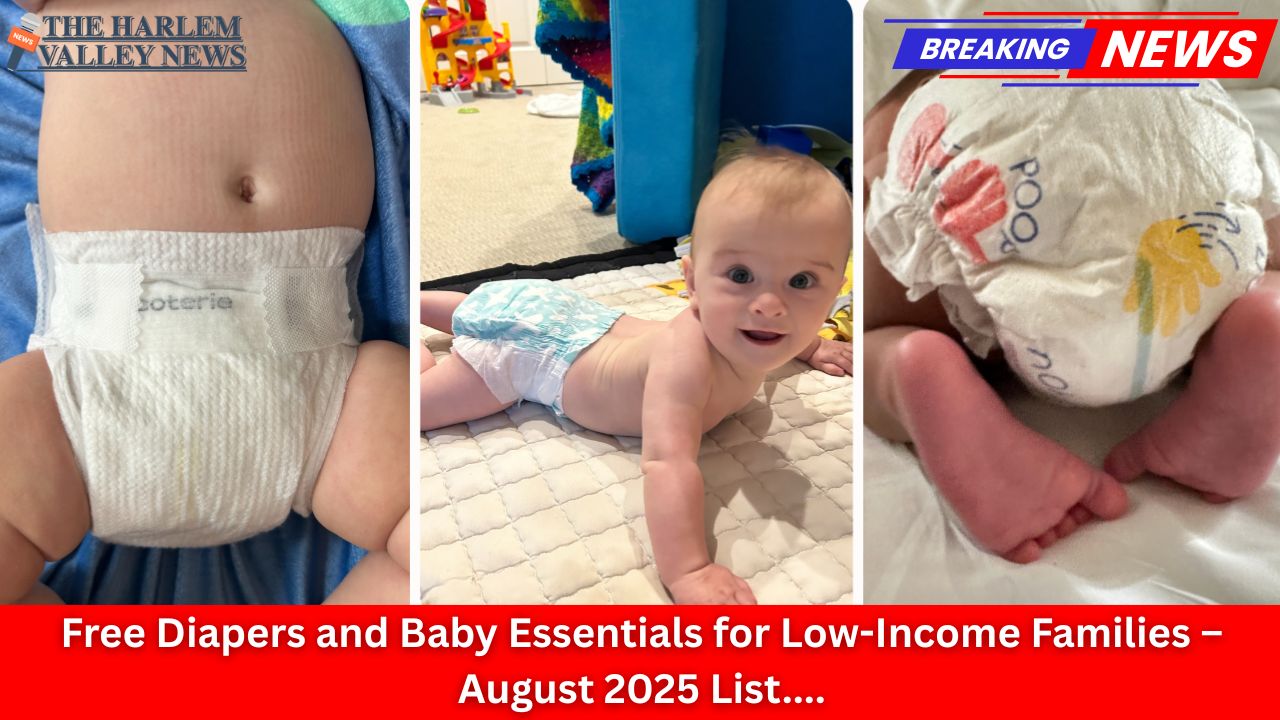Dallas, Texas, US: In a significant development involving consumer rights and digital communications, Cash App, the popular mobile payment service, has agreed to a $12.5 million settlement to resolve allegations related to unwanted referral text messages sent to consumers without proper consent.
The dispute centered around accusations that Cash App’s marketing practices included sending unsolicited text messages to potential and existing customers, encouraging them to refer friends in exchange for rewards. These messages were alleged to have been sent in violation of consumer protection laws that mandate explicit prior consent before telemarketing texts can be sent to individuals.
The case drew attention to the growing concerns around privacy and digital marketing tactics in the financial technology sector. Many consumers reported receiving multiple referral texts despite not having opted in, leading to complaints about invasion of privacy and harassment via mobile devices.
Under the terms of the settlement, Cash App will pay $12.5 million to resolve the claims without admitting any wrongdoing. The resolution aims to provide compensation to those impacted while prompting the company to strengthen its compliance with telecommunication regulations, including obtaining clear opt-ins for future text communications.
This settlement highlights the importance of consumer protection in the increasingly digitalized financial services environment, where companies often rely heavily on electronic communications for marketing. The case serves as a reminder to all mobile service providers to adhere strictly to consent requirements and respect consumer preferences regarding text messaging.
Cash App has stated its commitment to enhancing its compliance programs and refining its customer outreach practices to avoid any recurrence of such issues. The company emphasized its dedication to respecting user privacy and ensuring transparent communication.
For consumers, this case underscores the necessity of vigilance when sharing contact information and being aware of the rights to opt out of any unwanted promotional communications. It also reflects the ongoing regulatory scrutiny fintech firms face as they navigate the complex terrain of digital marketing and user consent.
As mobile payment applications continue to grow in popularity and usage, companies will need to balance aggressive customer acquisition strategies with the imperative of respecting privacy laws and maintaining consumer trust.
The $12.5 million settlement marks a notable example of legal accountability in the realm of unsolicited electronic communications, reinforcing protections that guard consumers against intrusive marketing tactics in today’s digital age.















Leave a Reply